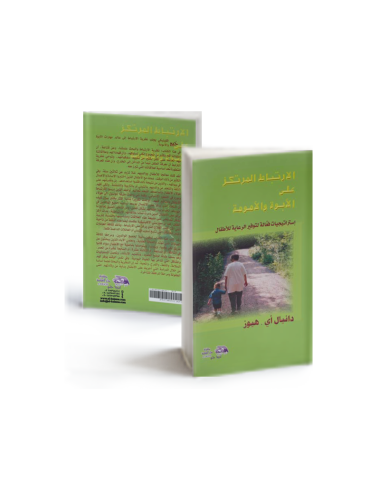How to Talk to Parents About Autism
As a parent of an autistic son, as well as the director of a pediatric neuro-developmental center, Dr. Sanders draws both on his personal experience and his clinical background to guide therapists in what to say to parents and how to say it.
Autism’s core symptoms surface as problems with social interaction, restrictive interests and abnormal language development, and they often appear quite differently in various children.











